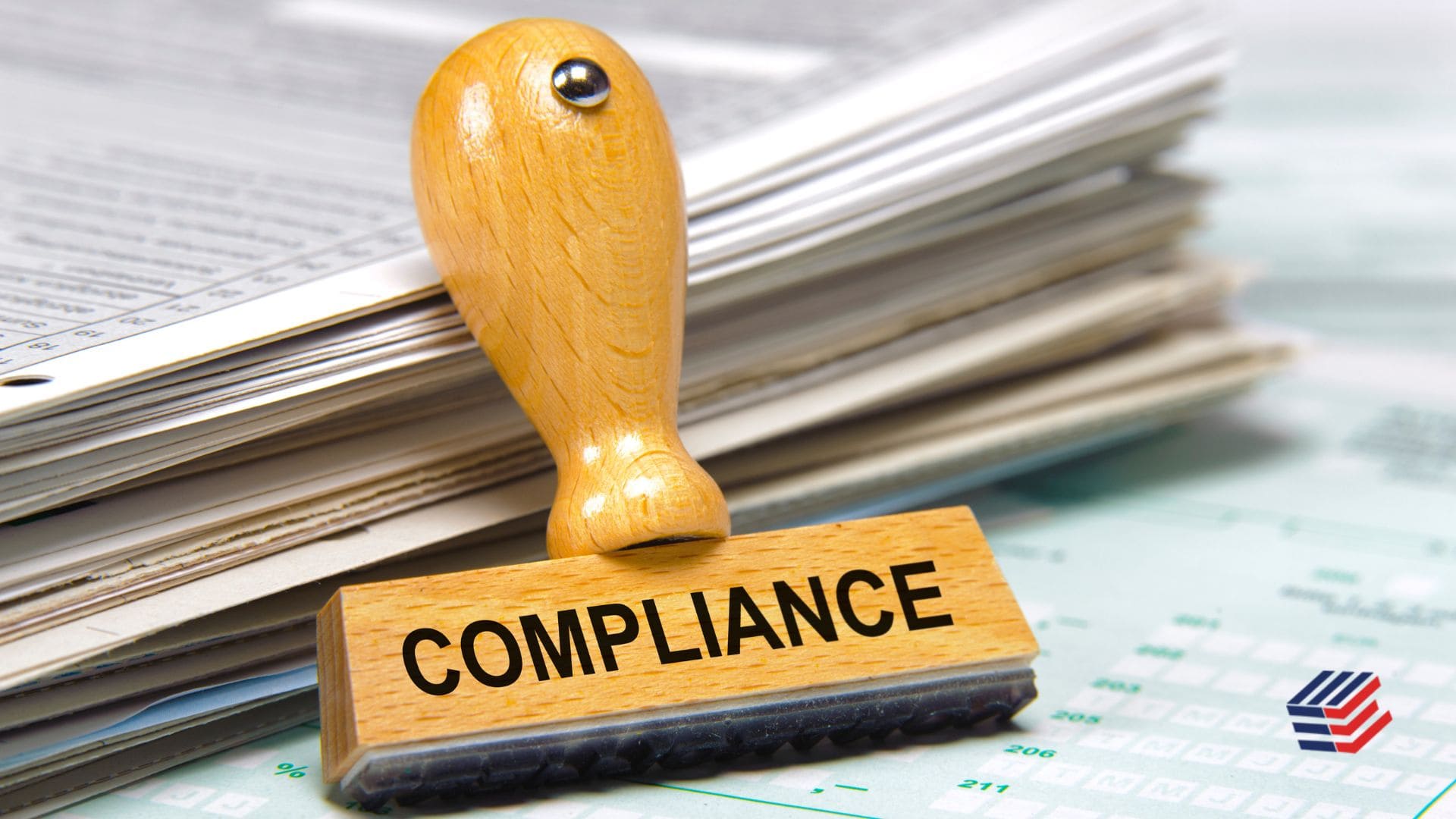Effective communication is the cornerstone of a successful workplace. It fosters collaboration, enhances productivity, and builds strong relationships among team members. Statistics reveal that 86% of employees and executives identify ineffective collaboration and communication as the primary reasons for workplace failures.
According to a study by the McKinsey Institute on the future of remote work, employees who perceive themselves as included in comprehensive workplace communication are nearly five times more likely to report higher productivity levels.
The 2023 Report on the State of the Global Workplace by Gallup indicates that disengaged employees result in a staggering $8.8 trillion loss in productivity worldwide.
In the modern business world, mastering communication skills is more important than ever. Here are key strategies to help you communicate effectively in the workplace.
Some practices for mastering effective communication are:
Active Listening
Active listening is the foundation of effective communication. It involves fully concentrating on what is being said rather than just passively hearing the message. Show that you are engaged by nodding, maintaining eye contact, and providing verbal feedback. This not only helps you understand the speaker better but also makes them feel valued.
Clarity and Conciseness
When communicating, clarity and conciseness are crucial. Avoid using jargon or overly complex language that may confuse your audience. Instead, aim to convey your message in a straightforward manner. This ensures that your ideas are understood and reduces the chances of miscommunication.
Non-Verbal Communication
Non-verbal cues such as body language, facial expressions, and tone of voice play a significant role in communication. Be mindful of these signals, as they can convey emotions and attitudes that words alone may not express. For instance, maintaining an open posture and using a friendly tone can create a more welcoming atmosphere.
Empathy
Empathy is essential for effective communication. Understanding and acknowledging the feelings and perspectives of your colleagues fosters a supportive environment. When you demonstrate empathy, you encourage open dialogue and create a culture of trust and respect.
Constructive Feedback
Providing and receiving feedback is a vital aspect of communication. Offer constructive feedback that focuses on specific behaviors rather than personal attributes. Similarly, be open to receiving feedback from others. This two-way communication helps improve performance and strengthens relationships.
Adaptability
Every situation and audience is different, so it’s important to adapt your communication style accordingly. Recognize that what works in one context may not be effective in another. Being flexible in your approach allows you to connect with diverse individuals and teams.
Leveraging Technology
In today’s digital age, effective communication often involves technology. Utilize communication tools such as email, messaging apps, and video conferencing to enhance your interactions. Ensure that your message is appropriate for the medium you choose, and be mindful of tone and clarity in written communications.
Practice Makes Perfect
Like any skill, effective communication improves with practice. Engage in conversations, participate in meetings, and seek opportunities to present your ideas. The more you practice, the more confident and skilled you will become.
Conflict Resolution
Misunderstandings and conflicts are inevitable in any workplace. Address these issues promptly and professionally. Focus on finding solutions rather than assigning blame. Effective conflict resolution not only improves communication but also strengthens team dynamics.
Continuous Improvement
Communication is an ongoing process. Seek opportunities for training and development in communication skills. Reflect on your interactions and identify areas for growth. By committing to continuous improvement, you can enhance your communication abilities over time.
Conclusion
Mastering effective communication in the workplace is essential for fostering collaboration, enhancing productivity, and building strong relationships. By implementing these strategies, you can create a more positive and productive work environment. Remember, effective communication is not just about speaking; it’s about listening, understanding, and connecting with others.


